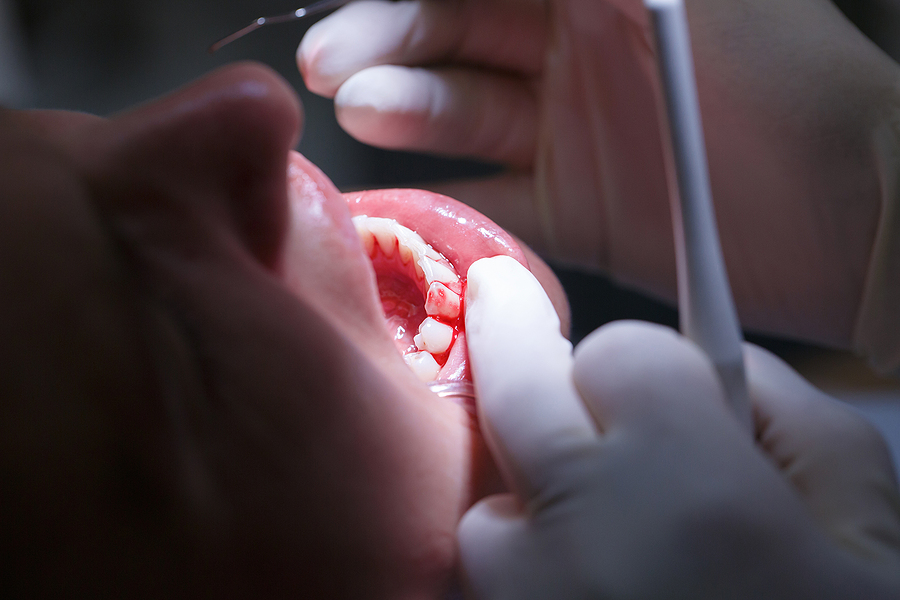Pregnancy and Dentistry: The Details That Will Keep You and Your Baby Safe!
Posted by Eldridge Dental on Feb 4 2021, 07:13 AM
There is often so much to consider when you’re a mother is expecting the birth of a child and so many questions that can arise. Besides swollen ankles and a growing belly you may also experience certain dental health issues. Oral health can play a significant role in a woman’s pregnancy. There are specific dental concerns that can not only cause an increased risk for premature labor but also leave a permanent mark on your smile. Don’t worry! We have the answers to all the questions you ever wanted to know.
The biggest thing for you to know is that routine dental care during your pregnancy is safe! Both the American Congress of Obstetricians and Gynecologist, The American Academy of Pediatrics and The American Dental Association all encourage pregnant women to keep receiving routine dental care from their dental provider during their pregnancy.
One of the most important things you can do is to tell your dentist about your pregnancy. This begins a crucial dialogue that will allow your dentist to help you make the best decisions in regard to any but also monitor and inform you about the normal changes that occur in the mouth during pregnancy.
Some of the most common changes that occur:
1. Due to hormonal changes in the body there is a marked change in the acidity of the saliva. This increase in the acidity combined with increased sugar intake can be the perfect recipe for cavities. Ensuring that you brush and floss regularly is extremely important in combating this issue.
2. It’s fairly common knowledge that there is some loosening of the ligaments during pregnancy but there can also be some loosening of the teeth that patients may describe as being wiggly. The teeth generally tightening up after the pregnancy but if there is a considerable change in the orientation of your teeth be sure to follow up with your dentist.
3. One of the most prominent issues that occurs during pregnancy is usually during the third trimester. The changes in estrogen and progesterone can lead to “pregnancy gingivitis.” It’s caused by your body’s natural boosted immune response which leads to an increased formation of plaque and bacteria that cling to your teeth. Most patients experience this as increased swelling and bleeding of the gums.
Some of the most common questions regarding treatments that may need to occur during pregnancy:
1. Dental X-rays – According to the American Dental Association and the American Academy of Family Physicians, dental x-rays are considered safe during pregnancy. Be sure to inform the medical staff and your dentist that you are pregnant, so they are sure to properly shield both you and your baby.
2. Tooth Extractions – The ADA has also determined that tooth extractions are safe during pregnancy. The best time to do this might be during the second trimester as your baby’s organs are developing during the first and it may be uncomfortable to lay on your back for longer periods of time during the third trimester.
3. Dental Anesthesia – The Journal of the American Dental Association has found that dental treatment with local anesthetics are considered safe, including treatments during the first trimester.
4. Dental Fillings – Cavities can be treated safely at any time during pregnancy. If possible schedule fillings during the second trimester when the risk of nausea has passed. If you are going to have a cavity filled during your pregnancy it is recommended to use non amalgam fillings as they do contain Mercury and that could pose a risk to the baby. 5. Dental Cleaning – Dental Cleanings during pregnancy are not only safe but are encouraged to prevent “Pregnancy Gingivitis.”
In a nutshell, there’s not much cause for concern when it comes to balancing your oral health care during your pregnancy. Routine dental care does not pose a risk, and when in doubt, your dentist can walk you through any specific circumstances!
During your next visit to our dental office, make sure to notify your doctor if you’re pregnant and they can help you with any dental or oral health treatment concerns you may have during your pregnancy.




